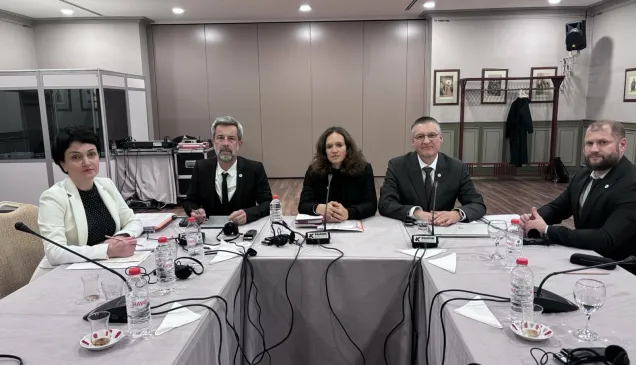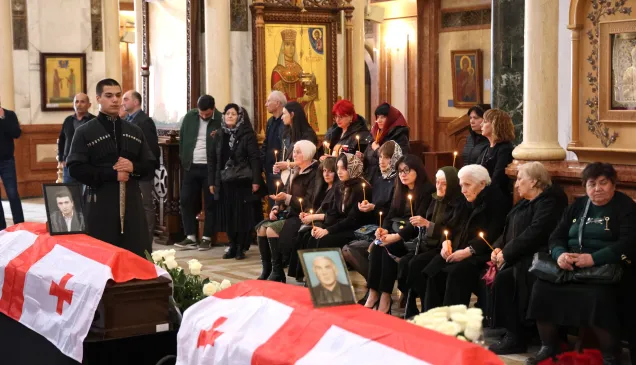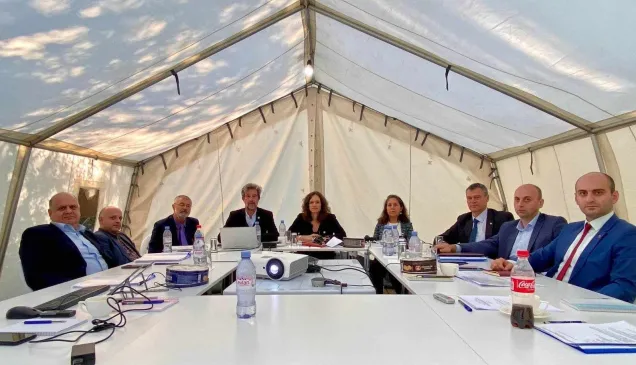The International Committee of the Red Cross (ICRC) chaired the meeting in its capacity as a neutral intermediary.
"Since the establishment of the coordination mechanism, the mortal remains of 520 people have been found and exhumed, out of which 215 were identified and handed over to their families for a dignified burial," said Agnès Coutou, the ICRC Envoy on Missing Persons in the Caucasus, who chaired the meeting. "This was possible thanks to the commitment of all the participants to this strictly humanitarian process, along with the increased involvement of local experts whose forensic skills and knowhow are being built in line with international standards."
Besides an update on the progress made in clarifying the whereabouts of the people missing in connection with the armed conflict of 1992-93, discussions also underlined the urge to search for information on possible burial places and the ongoing challenges related to the identification process. The participants agreed on practical steps to increase the efforts on the collection and exchange of information required for the process to continue at its best possible pace.
The strictly humanitarian dialogue between the participants and their continued joint engagement within the Coordination Mechanism remain critical to providing answers to the families of missing persons, relieving them finally from their incertitude. Beyond dialogue, a greater engagement of all participants in the process of search and identification as well as support to the families is essential to make it more efficient and sustainable.
Under international humanitarian law, families have the right to know what happened to their missing loved ones. The coordination mechanism to clarify the fate of people unaccounted for during the conflict of 1992-93 and its aftermath was established in 2010 under the auspices of the ICRC. The ICRC provides support to the mechanism, including with its technical expertise, in its capacity as a neutral humanitarian organization.




